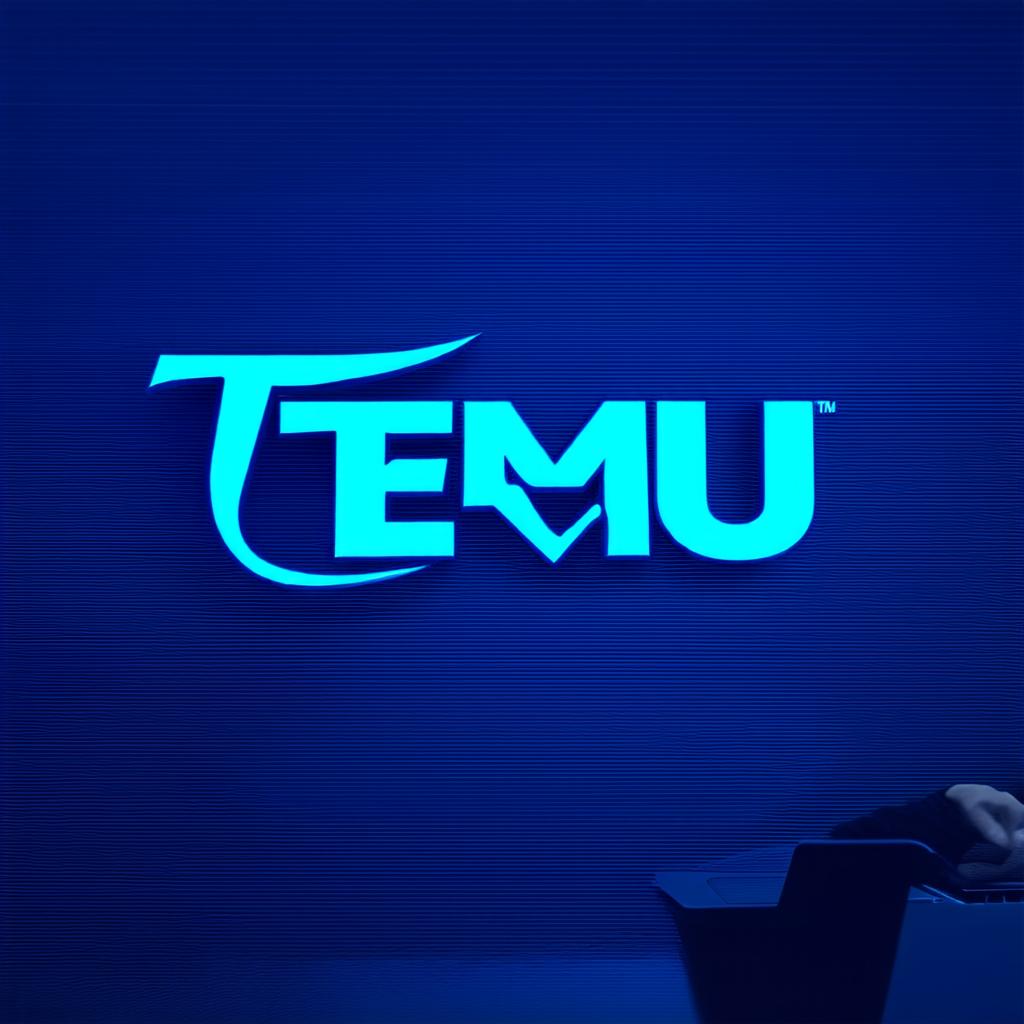Which company is the owner of Temu?

Are you looking for a reliable and affordable e-commerce platform for your business? Look no further than Temu! But, before investing in this platform, it’s important to know who owns it. In this article, we will explore the ownership structure of Temu and its implications for businesses.
Ownership Structure of Temu

Temu is a privately held company, which means that it is not owned by any public shareholders. Instead, the company is owned and operated by its founders, Li Xiaopeng and Wang Tiancheng. These two individuals hold 100% of the shares in the company, giving them complete control over its operations and decision-making processes.
While Temu is a privately held company, it has received significant investment from various venture capitalists and private equity firms. In 2018, for example, Temu raised $300 million in funding from investors such as Sequoia China and Yunqian Capital. This funding helped the company expand its operations and reach new markets.
Benefits of Private Ownership
There are several benefits to private ownership, particularly for e-commerce companies like Temu. Firstly, private ownership allows for greater flexibility in decision-making processes. Since the founders hold 100% of the shares, they have complete control over the company’s operations and can make decisions quickly and efficiently without the need for approval from public shareholders.
Secondly, private ownership can help protect the company’s intellectual property and trade secrets. Since Temu is not a publicly traded company, it does not have to disclose detailed financial information or reveal its business strategies to the public. This helps to protect the company’s proprietary information and maintain a competitive advantage in the marketplace.
Finally, private ownership can provide greater stability for the company’s operations. Since the founders hold 100% of the shares, they are more invested in the long-term success of the company and less likely to sell their shares or take actions that could harm the company’s performance. This stability can help attract investors and customers to the platform.
Case Study: Alibaba Group
Alibaba Group is another example of a privately held e-commerce company that has achieved significant success. Founded in 1994 by Jack Ma, Alibaba Group is one of the largest e-commerce companies in the world, with operations in China, Southeast Asia, and beyond.
Like Temu, Alibaba Group is a privately held company, with Jack Ma holding 33% of the shares and other executives holding the remaining 67%. This ownership structure has allowed the company to make decisions quickly and efficiently, while also protecting its intellectual property and maintaining a competitive advantage in the marketplace.
Summary
In conclusion, Temu is a privately held e-commerce company that was founded by Li Xiaopeng and Wang Tiancheng. The company has received significant investment from venture capitalists and private equity firms but is not owned by any public shareholders. Private ownership provides several benefits for e-commerce companies like Temu, including greater flexibility in decision-making processes, protection of intellectual property, and stability for operations. By understanding the ownership structure of Temu and its implications for businesses, you can make informed decisions about whether this platform is right for your needs.
FAQs:
Who founded Temu?
Temu was founded by Li Xiaopeng and Wang Tiancheng in 2014.